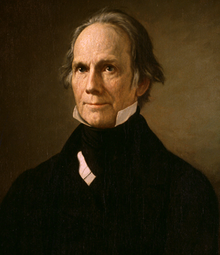My new article in the Journal of the History of Economic Thought explores the intersection between 19th century economic theory and the colonization movement, including its substantial effect on the antislavery views of Abraham Lincoln.
Abstract:
“From 1816 through to the end of the Civil War, the colonization of emancipated slaves in Africa and the American tropics occupied a prominent place in federal policy discussions. Although colonization has traditionally been interpreted as an aberration in anti-slavery thought on account of its dubious racial legacy and discounted for its impracticality, its political persistence remains a challenge for historians of the antebellum era. This article offers an explanation by identifying a distinctive economic strain of colonization in the moderate anti-slavery advocacy of Mathew Carey, Henry Clay, and Abraham Lincoln. From the nullifi cation crisis until the Civil War, adherents of this strain effectively integrated colonization into the American System of political economy. Their efforts were undertaken to both reconcile their respective anti-slavery views with a raw-material-dependent domestic industrialization program, and to adapt American System insights to an intended program of gradual, compensated emancipation.”